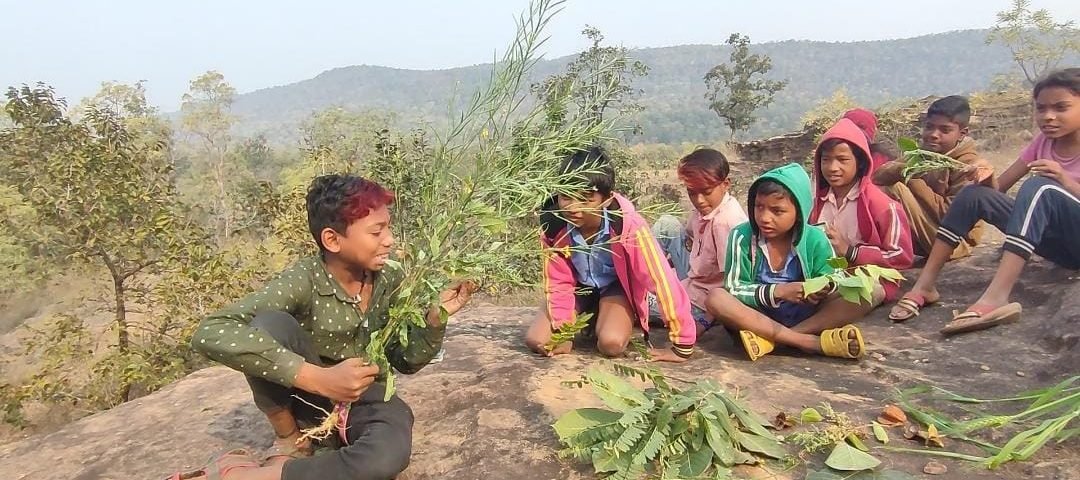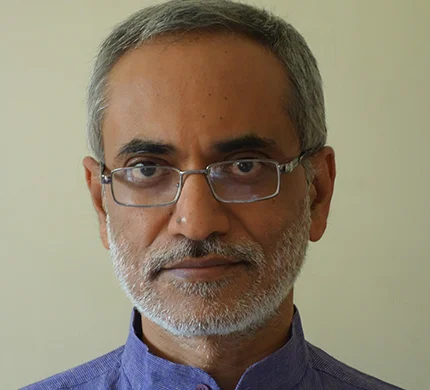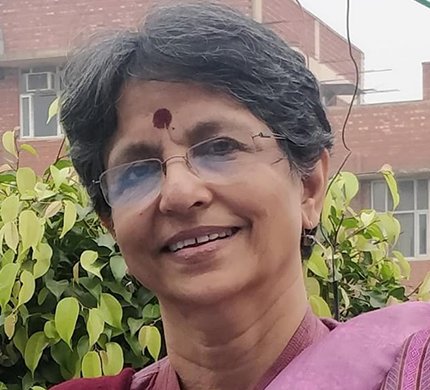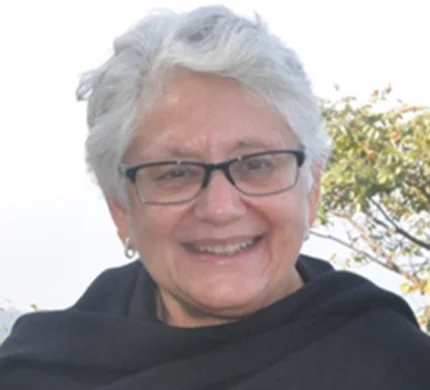
Researchers often point out a gap between school culture and students’ home culture, which needs to be bridged for meaningful and relevant learning. This gap is wider for students from tribal communities whose culture, language, and knowledge systems are undervalued and denigrated. To counter such deficit perspectives, this research adopts the Funds of Knowledge approach and proposes to explore the cultural and cognitive resources tribal children acquire from their communities. The study intends to focus on the broad area of ecology, and explore students’ understanding of nature and human-nature relationship since tribal communities are known to have alternative systems of beliefs, knowledge and practices related to nature. It also intends to study how the school curriculum negotiates with students’ funds of knowledge. These objectives will be pursued through a critical qualitative inquiry stance in the context of Kesla block in Central India, which has a sizable population of Gond and Korku communities. Employing ethnographic methods, the study will produce a montage of the multiple perspectives of students, teachers, and the wider community, and examine the actual and imagined space in the curriculum to accommodate them. This has implications for developing contextually relevant curricular material.
Key Words: Tribal Education, Environmental Education, Culturally Relevant Pedagogy, Participatory Research
Key Themes:
Climate Action, Indigenous Knowledge
Project Site:
Kesla, Madhya Pradesh
Principal Investigator:
Aisha M Kawalkar
Co-Investigator:
Himanshu Srivastava
Publications:
Videos:





